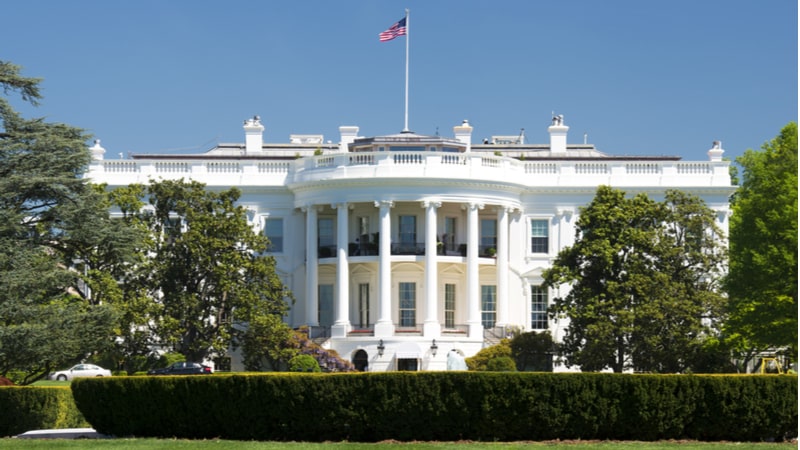
The White House and a bipartisan group of senators are finding common ground in the Endless Frontier Act legislation introduced in the Senate today.
The bill, championed by Senate Majority Leader Chuck Schumer, D-N.Y., would establish a new Technology and Innovation Directorate at the National Science Foundation (NSF), and give the new directorate $100 billion over five years to invest in research, commercialization, and training in ten hot-button tech areas. These include AI, semiconductors, quantum computing, advanced communications, and biotech.
On the security front, the legislation also would establish a new supply chain resiliency and crisis response program “with the national security mission of strengthening critical technology supply chains in the U.S. and with global allies and partners,” the bill’s Senate backers said.
Sponsors of the legislation include a bipartisan range of legislators that are likely to give the bill legs in the Senate. Besides Sen. Schumer, Democratic backers including Sens. Chris Coons, D-Del., Maggie Hassan, D-N.H., Tammy Baldwin, D-Wis., and Gary Peters, D-Mich. Republicans with their names attached to the bill include Sens. Susan Collins, R-Maine, Rob Portman, R-Ohio, Lindsey Graham, R-S.C., Steve Daines, R-Mont., and Roy Blunt, R-Mo.
The House version of the Endless Frontier Act also has bipartisan backing, with Reps. Ro Khanna, D-Calif., and Mike Gallagher, R-Wis., as sponsors.
The Endless Frontiers bills match up closely in aim – if not scope – with a key provision of President Biden’s proposed $2 trillion American Jobs Plan that focuses on infrastructure improvements.
That proposal calls for $180 billion of new research and development-related spending, including $50 billion to fund a new technology directorate at NSF that also would target R&D toward AI, computing, communications, semiconductor, and biotech categories.
The similarities between the two efforts, said White House Press Secretary Jen Psaki today, are something the White House can work with.
“The President shares the co-sponsors’ commitment to making a bold investment in American innovation—including large increases in funding at the National Science Foundation to support both R&D and commercialization, and new funding to support regional economic development so what is discovered in America can be made in America,” Psaki said. “And, the President welcomes the bill’s focus on strengthening American supply chains – an issue he has taken action on and championed.”
“We look forward to working with Congress to further shape this legislation to renew America’s global leadership in science and technology and to make sure we develop and manufacture the technologies of the future,” she said.
